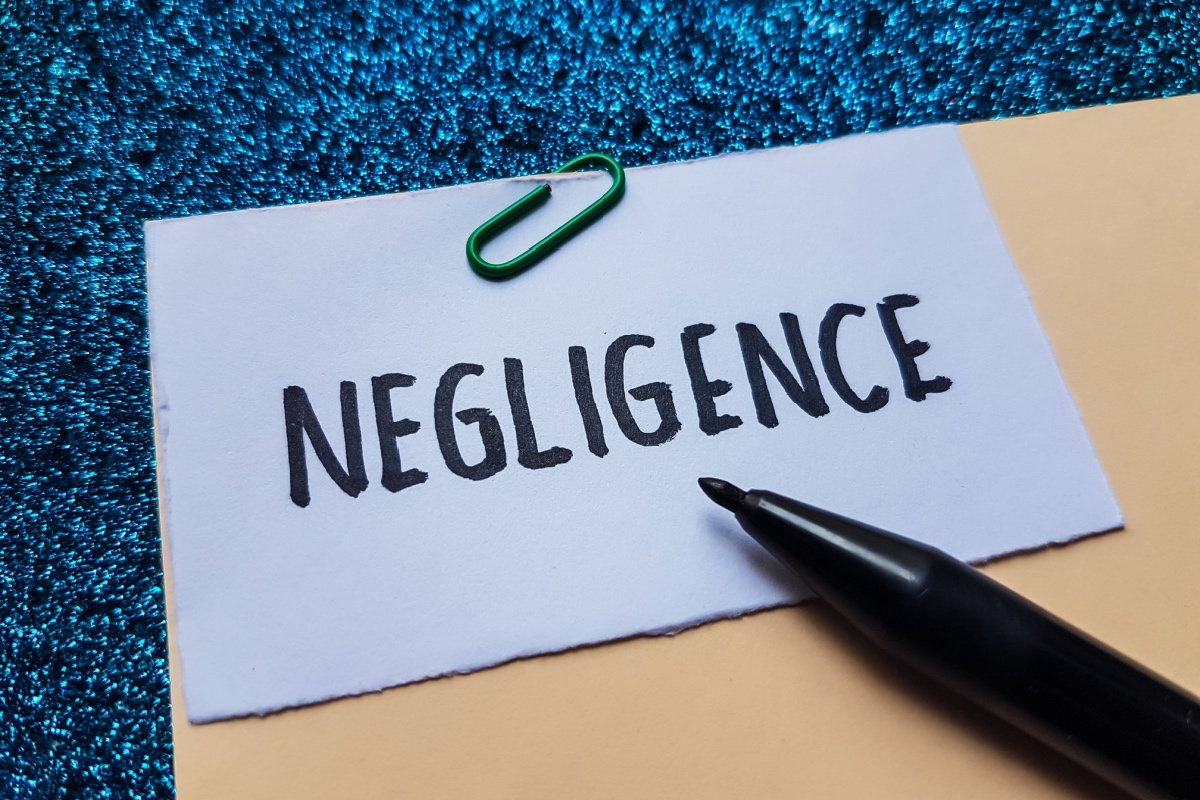
A claim based on someone’s negligence aims to hold that person legally and financially accountable for a victim’s damages for carelessly, wantonly or recklessly causing them. In a straightforward case, a defendant will be 100% responsible for causing a plaintiff’s damages. Many cases, however, involve the question of a plaintiff’s comparative negligence as well. How the courts will handle this question depends on the laws of the state.
Comparative negligence is a rule that looks at the actions of the plaintiff in potentially causing or contributing to his or her accident and injuries. It is a doctrine that could impact what, if anything, the injured party receives in compensation. If a defendant uses a comparative negligence defense, the defendant is asserting he or she should not have to pay for 100% of the plaintiff’s damages since he or she was not the sole party at fault. The defendant is arguing that the plaintiff’s partial contribution to the accident should reduce or eliminate the plaintiff’s recovery award.
Some states are strict when it comes to a plaintiff’s negligence. These are contributory negligence states, in which even 1% of fault placed with a plaintiff will bar him or her from financial recovery. Luckily for plaintiffs, most states use comparative rather than contributory negligence laws. In a comparative negligence state, a plaintiff’s partial fault for an accident may not bar him or her entirely from obtaining compensation. It could, however, reduce a plaintiff’s money damages.
West Virginia is a comparative negligence state. A plaintiff’s fault will not automatically bar him or her from recovering compensation from the defendant in West Virginia. West Virginia Code 55-7-13A establishes a comparative negligence standard for all civil claims. This law states that when a plaintiff’s fault is a proximate cause of the injuries or damages in question, the courts will reduce that plaintiff’s recovery by an amount equivalent to his or her liability.
West Virginia uses a modified rather than pure comparative negligence law. In a pure comparative negligence state, an accident victim can recover damages even with over 50% of fault. A pure comparative negligence state will still reward a plaintiff even if the courts find him or her 99% responsible for the injuries in question. The amount the plaintiff will receive in compensation, however, will directly reflect his or her percentage of fault. With 25% of fault and a $100,000 compensatory award, for example, a plaintiff would receive $75,000 in total.
In West Virginia, the modified comparative negligence law caps the ability to recover compensation at 49% of a plaintiff’s fault. If a victim is 50% or more at fault for the accident, he or she will lose any right to financial recovery. Anything less than half of the fault for an accident will still permit the claimant to obtain some compensation, reduced by his or her percentage of liability.
As the plaintiff of a personal injury claim in West Virginia, you or your lawyer will need to prove you were less than 50% responsible for your accident to protect your right to recovery. Otherwise, you could lose the ability to bring a claim against a defendant. The best way to minimize your degree of fault and maximize your compensatory award is by hiring a personal injury attorney to represent your side of the case.
If an accident in West Virginia injured you, an attorney could help you collect evidence as to the defendant’s majority share of fault. This could enable you to recover maximum compensation for your injuries and losses. Your lawyer can navigate West Virginia’s modified comparative negligence laws and other potential defenses on your behalf while you focus on the future. Working with a lawyer can improve your odds of receiving fair compensation from a defendant whether or not you contributed to your accident.

Attorney Timothy Manchin established the Manchin Injury Law Group in 2011 after his law partner of more than 25 years became a West Virginia circuit court judge. His focus is on helping individual clients and entire families victimized by negligent acts.
We offer a free initial consultation at our office in the Manchin Professional Building — our home since 1983 — conveniently located in Fairmont.
If you are unable to visit our firm, we can come to your home or hospital room.
Fill out the form below to get in touch!